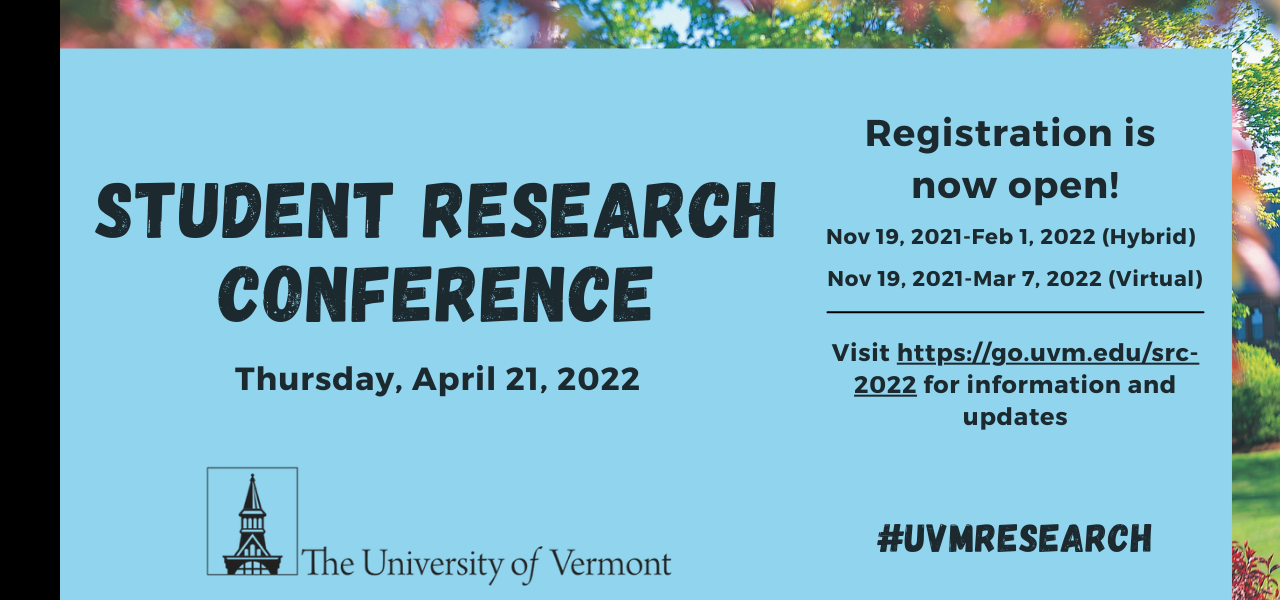Effects of Anxiety on Testing Performance
Conference Year
January 2022
Abstract
Anxiety is prevalent in childhood and symptoms can impact testing performance, such that moderate levels can facilitate higher performance (demonstrated in college student samples), whereas high levels can be impairing (demonstrated in clinical samples). We examine this performance-anxiety symptoms association for the first time in early childhood. Thirty-three children ages 4-8 were administered IQ subtests and parents reported on their anxiety. We found a significant correlation between child anxiety symptoms and a spatial reasoning performance test, but not other IQ subtests. Anxiety accounted for 35% of the variance of that performance, but only for older children in the sample.
Primary Faculty Mentor Name
Ellen McGinnis
Secondary Mentor Name
Ryan McGinnis
Graduate Student Mentors
Bryn Loftness
Faculty/Staff Collaborators
XiXi Halvorson-Phelan, Aisling O'Leary, Tori Humiston
Status
Undergraduate
Student College
College of Education and Social Services
Program/Major
Human Development and Family Studies
Primary Research Category
Social Sciences
Effects of Anxiety on Testing Performance
Anxiety is prevalent in childhood and symptoms can impact testing performance, such that moderate levels can facilitate higher performance (demonstrated in college student samples), whereas high levels can be impairing (demonstrated in clinical samples). We examine this performance-anxiety symptoms association for the first time in early childhood. Thirty-three children ages 4-8 were administered IQ subtests and parents reported on their anxiety. We found a significant correlation between child anxiety symptoms and a spatial reasoning performance test, but not other IQ subtests. Anxiety accounted for 35% of the variance of that performance, but only for older children in the sample.


